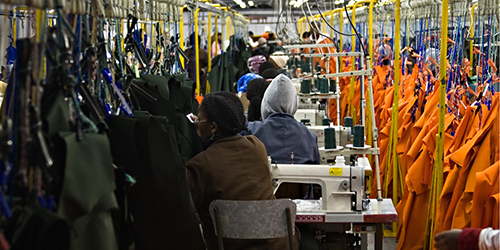COVID-19's Biggest Legacy: Remote Work and Its Implications for the Postpandemic Labor Market in the US

- Authors:
-
Publication Date:
March 04, 2021
The remote work experiment during the pandemic has gone better than expected and has provided employers with benefits: lower expenses on office space; a larger pool of candidates; and reduced costs by hiring in cheaper labor markets. However, the willingness to shift to remote work rests on the assumption that performance won’t be negatively affected. The effectiveness of remote work may continue, even after the pandemic is long gone. But there are several reasons to be cautious about that prediction. This report examines data and trends to explore the lasting impact of remote work on the US labor market.
-
Complimentary.











